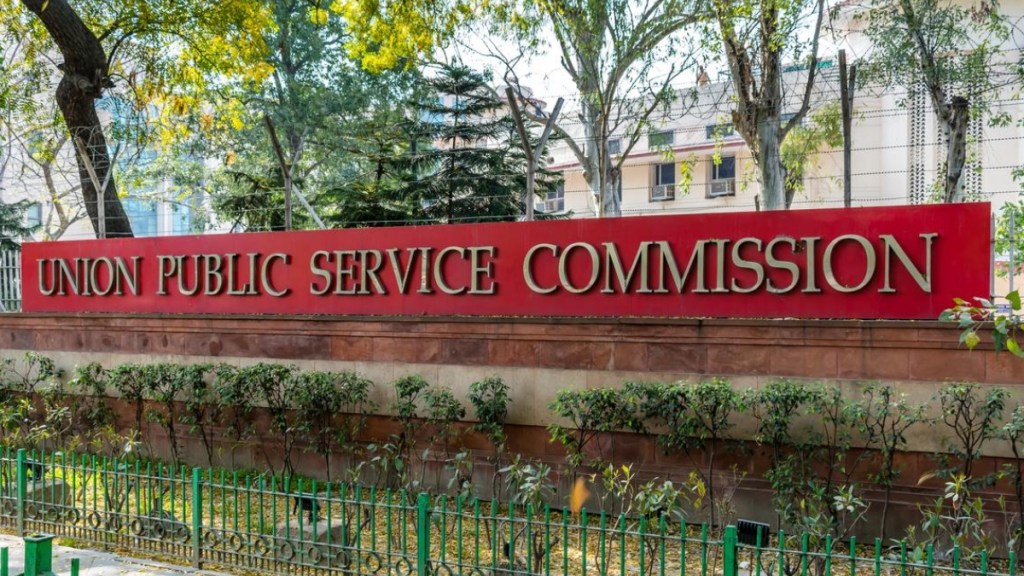The Union Public Service Commission (UPSC) has decided to release the provisional answer key soon after the Civil Services (Preliminary) Examination, instead of waiting until the entire exam process ends. The Commission informed the Supreme Court about this change in a counter-affidavit filed in response to a petition that had challenged the earlier practice, according to a report by The Indian Express.
The Supreme Court had earlier appointed senior advocate Jaideep Gupta as amicus curiae (a neutral expert to assist the court) and advocate Pranjal Kishore to help him in the case. The amicus had recommended that “a provisional answer key to the preliminary examination should be published a day after the examination is held.”
In an affidavit filed on May 13, UPSC had initially opposed this idea, saying the move was “likely to be counter-productive” and could cause “uncertainty and delay in the finalisation of the exam…”
UPSC rethinks its stand
However, in a new affidavit filed on September 20, the UPSC said it had reconsidered the matter.
“During the pendency of writ petition, UPSC has deliberated upon various factors including the suggestion of Ld’ Amicus appointed by this Hon’ble Court to assist in the matter. That as a consequence of comprehensive deliberation and considering the pious role assigned to the UPSC as a constitutional body, the Commission has arrived at a conscious and well-considered decision as under,” the affidavit said, including “publishing the provisional answer key, after the preliminary examination is conducted,” IE reported quoting UPSC.
Candidates can raise objections
UPSC said it will also invite objections from candidates who appeared for the exam.
“Each such representation/objection should be supported by three authoritative sources. Objections which are not so supported should be rejected at the threshold. However, the Commission will decide whether the sources produced are authoritative or not,” it said.
The Commission added that “the provisional answer key and objections/representations received from candidates on question paper as well as answer keys shall be placed before set/team of experts of the concerned discipline/subject, who shall undertake an in-depth consideration of all the aspects and will finalise the answer keys.”
The finalised key will form the basis for declaring the Prelims results. “The final answer key shall be published after declaration of the final results,” UPSC said, adding it “desires to start following the modalities…as expeditiously as possible.”
Step towards greater transparency
UPSC said that this move would help make the examination process more transparent and address the concerns raised in the petition. It added that “the decision…is considered to be an effective and adequate redressal of the grievances raised in the petition and to enhance the level of transparency in the functioning of the UPSC and also to further the cause of public interest.”
What the petition claimed?
The petition, filed through advocates Saroj Tripathi and Rajeev Dubey, had argued that “there is neither any reason nor rhyme to publish the marks, cut-off marks and answer keys of CS(P) examination, ‘only’ after entire process of Civil Services Examination is over, except only with sole motive to frustrate of the cause of action, irrespective of howsoever genuine it might be, of the unsuccessful candidates to seek any effective remedy.”
It further said that revealing the marks, cut-off scores and answer keys would help candidates challenge errors based on “rational and demonstrable grounds.” The petition added, “…they would also have right to know that the candidates who were shortlisted, had in fact more marks and hence more deserving to be selected.”
It continued, “None of these, could be possible until and unless the respondent UPSC discloses the correct answer keys, which is the basis of evaluation, the minimum cut-off marks, which is the basis for shortlisting the candidates, and marks obtained by candidates to identify if they meet minimum cut-off or not. This shall also equip the candidates to be well informed and perhaps better prepared for subsequent attempts in examinations.”

